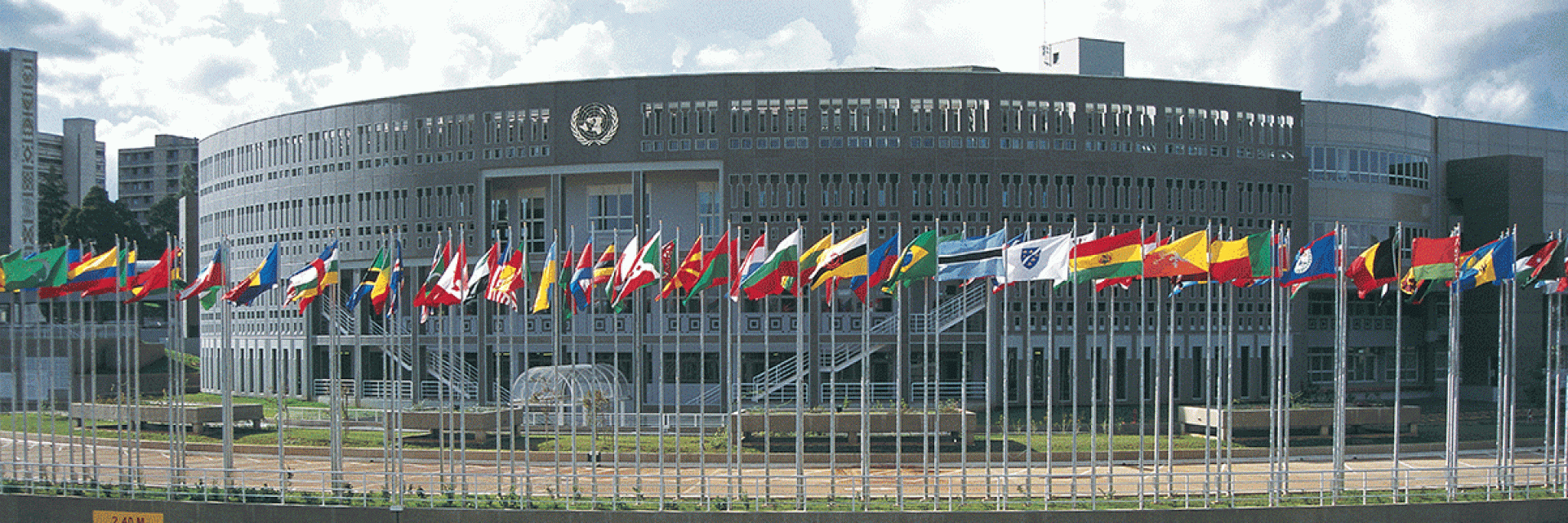The Macroeconomics and Governance Division of the Economic Commission for Africa (ECA) will hold an Experts’ Group Meeting (EGM) on 19 November 2019 to review and validate the draft Study on “Fiscal Risks in PPPs: A Benchmark Study on Africa”, to be held at the United Nations Conference Center in Addis Ababa, with the objective of identifying key evidence-based policy messages and recommendations.
With only a decade to the expiration of the 2030 Agenda, the impetus to achieve the Sustainable Development Goals remains an imperative. Africa it is estimated, requires an annual incremental financing of between $200bn and $1.2trillion per annum to meet the SDGs. In 2019, estimates for the continent’s financing needs for the SDGs range from $614 billion to $638 billion a year. Africa’s annual financing needs for infrastructure, food security, health, education and climate change mitigation alone are estimated at $210 billion. Mobilizing the various means of implementation to finance the SDGs, has been an ongoing quest for African countries, with member States and partners exploring various financing instruments and seeking ways to strengthen existing ones, given current trends.
PPPs as an innovative financing instrument for infrastructure and development, have the potential to generate both public and private return, and they are increasingly being implemented by countries in Africa including in South Africa, Nigeria and Morocco. PPPs can help leverage private investment through risk-sharing between the public and private sectors. They help bring capital, technology and expertise to projects, resulting in more efficient service delivery and ultimately lower costs to the taxpayer. Thus, leveraging the effective and efficient strengths of the public and private sectors is intended as a key factor, for the utilization of PPPs to finance infrastructure and development.
The success of PPPs is influenced by a range of factors, given their nature as inherently risk sharing agreements. Using a PPP can reduce the fiscal cost of a project if it causes the project to have lower costs or higher revenues. However, PPPs require that governments assume contingent liabilities related to, for example, early contract termination, debt, and revenue guarantees.
PPPs can generate large fiscal risks to the Government related to direct costs and contingent liabilities (explicit and implicit), constraining availability of options for development finance. PPPs pose risks particularly for cash strapped governments that may be trying to meet fiscal targets.
In place of up-front capital investments, PPPs use annual installments from revenue budgets to pay for infrastructure, so governments do not need to directly take loans. However, governments do often need to provide loan guarantees for the private sector, which can also add to contingent public debt commitments. Fiscal risks can be potentially large and include:1) contingent liabilities for the government; 2) threatened integrity of budget and planning process; 3) complicated maintaining of fiscal discipline and good governance.
Objectives and Scope
This Study is a comprehensive data driven benchmarking study--the first of its kind--taking stock of PPPs in Africa, with a view to gaining and understanding of the PPP landscape on the continent, as a means of ascertaining readiness levels for PPP projects. It comprises a part of ECA’s work and effort on PPPs in response to requests by member States, and it aligned with the UN Secretary General’s Strategy for financing the 2030 Agenda, which guides the work of the UN system to help accelerate progress and complement efforts being made by champions of financing for sustainable development. The Study asks the questions:
What is the stock of PPPs in Africa including sectors, investment amounts and policy frameworks?
What fiscal risks in PPPs, are African countries susceptible to and what does the data show, when focusing on structural/institutional risk as a source of fiscal risks?
Given, the current state of PPPs on the continent, what are preliminary recommendations on how fiscal risks, particularly continent liabilities, be minimized and mitigated, to help de-risk PPPs in Africa? How can PPPs be strengthened generally, during the decade of 2020 to 2030 of Action on the Sustainable Development Goals?
Expected Outcomes
The Study is an addition to the body of knowledge on ECA's work on PPPs, contributing to the readiness of countries for PPP projects, as a recognized means and instrument of financing Agendas 2030 and 2063. It is intended to serve as a policy and background document to ECA-led and supported Fora on PPPs, including the 5th International PPP Forum, and as a knowledge product for CwA country peer learning on fiscal risks of PPPs; facilitating capacity building on the structuring of effective and efficient PPPs.
Additionally, the Study is aimed at resuscitating comprehensive discussions on how to capacitate African countries to effectively leverage PPPs as a means of implementation of Agendas 2030 and 2063, in conjunction, and collaboration with development partners and financiers.
Contact Information
For further information, contact Ms. Eunice Ajambo, Economic Affairs Officer, Macroeconomics and Governance Division, at ajambo@un.org

